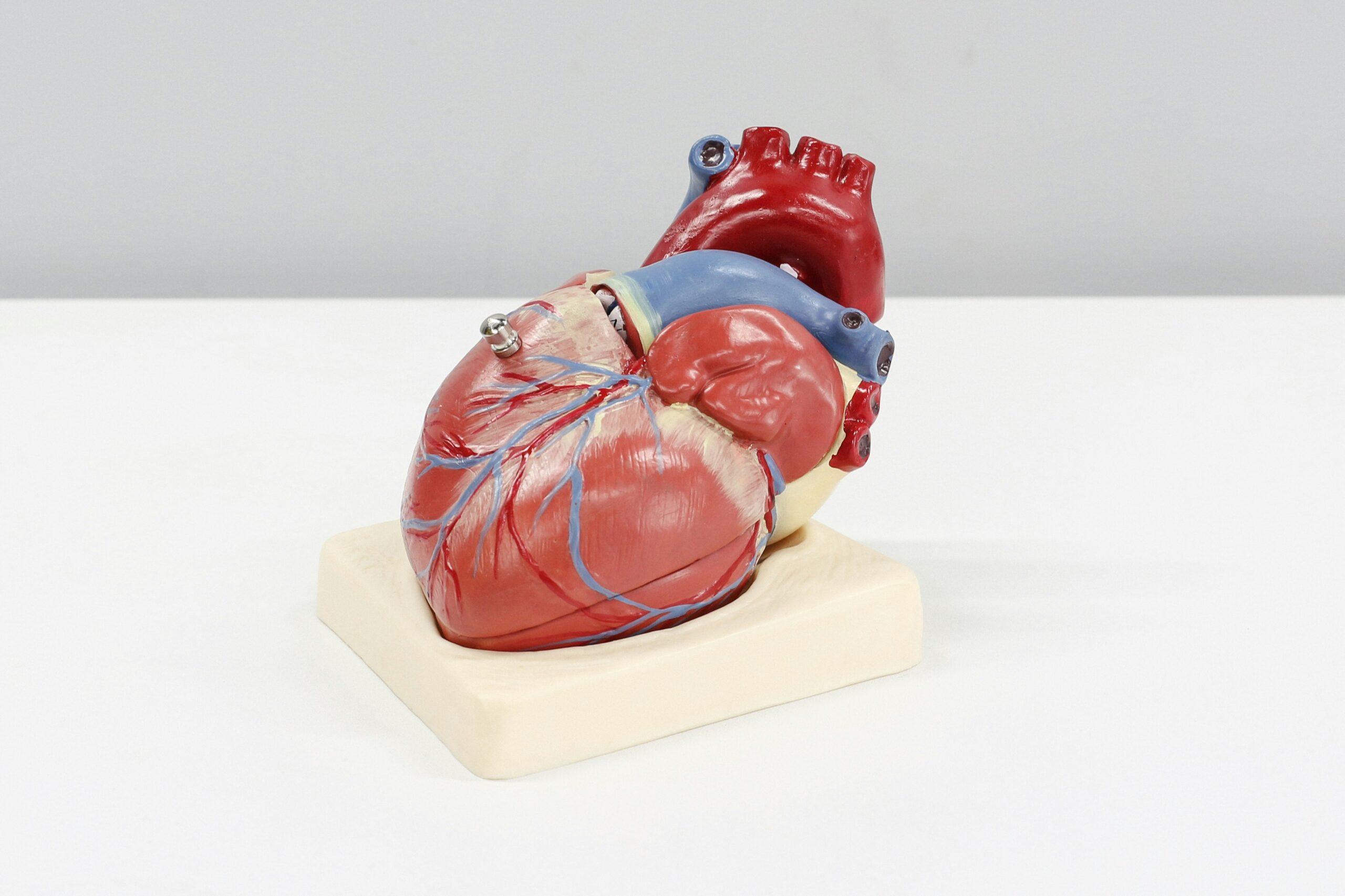If a close relative has AFib, are you likely to get it too? Dr Lyne answers…
When people first hear about atrial fibrillation (also known as AFib or AF), it’s often through a friend or relative. As Ireland’s most common heart rhythm disorder, the chances of knowing someone who suffers from it are quite high.
But if that person is a close family member, what does it mean for your own heart health? Is AFib genetic/inherited – and if so, what would the implications be?
That’s a question Dr Lyne answers in Image magazine’s Ask the Doctor column this month. A reader wanted to know if their spouse – whose father and grandfather both suffered from atrial fibrillation at a young age – was likely to develop it, too.
Here’s the full question:
“My husband has a family history of atrial fibrillation. His grandad passed away young from complications due to this, and his father had interventions carried out after ending up in hospital in a bad way in his early 50s. We are in our mid-forties now, and my husband has a rather stressful career running his own business. My question is, should he get checked now for heart rhythm disorders? Is he more likely to suffer from these if there is a family history? Lastly, how can we go about getting this thoroughly checked?”
What is atrial fibrillation?
Atrial fibrillation is a heart rhythm problem (arrhythmia) that’s caused by chaotic electrical activity in the upper chambers of the heart (the atria). These random signals cause the atria to quiver. As a result, the heartbeat becomes irregular and very fast (or, sometimes, too slow) – and this puts the heart under pressure, preventing it from pumping efficiently. (For an in-depth look at AFib, see this blog: What is atrial fibrillation?)
Is atrial fibrillation genetic?
The short answer is yes. Research suggests that certain genetic variants associated with AFib can be passed down through families. As Dr Lyne explains: “The risk of inheriting it from a first-degree relative (mother or father) increases your chance of developing atrial fibrillation by 40%.” With both a father and grandfather who suffered from AF, the reader’s husband has a high risk of inheriting the condition.
If you are at risk, what should you do about it?
AF isn’t usually life-threatening. But because it puts the heart under pressure, it raises a person’s risk of stroke and other serious complications. Early diagnosis and treatment are essential. Given that many people develop AF without any symptoms, though, how would you even know if you had it? One helpful starting point, Dr Lyne says in the article, is to perform a basic pulse check “to identify whether the rhythm appears to be regular”:
“This will help increase your awareness of your pulse so that, should any change be noted, you can seek help from a heart rhythm cardiologist earlier, thus hopefully preventing complications in years to come. Many smartwatches now have the ability to perform a basic ECG, which can be saved and used as evidence in a clinic appointment.”
Interested in reading more about genetic atrial fibrillation? You can read Dr Lyne’s full answer in Image magazine online: Ask the Doctor: ‘My husband has a family history of atrial fibrillation — how does he get thoroughly checked?’






